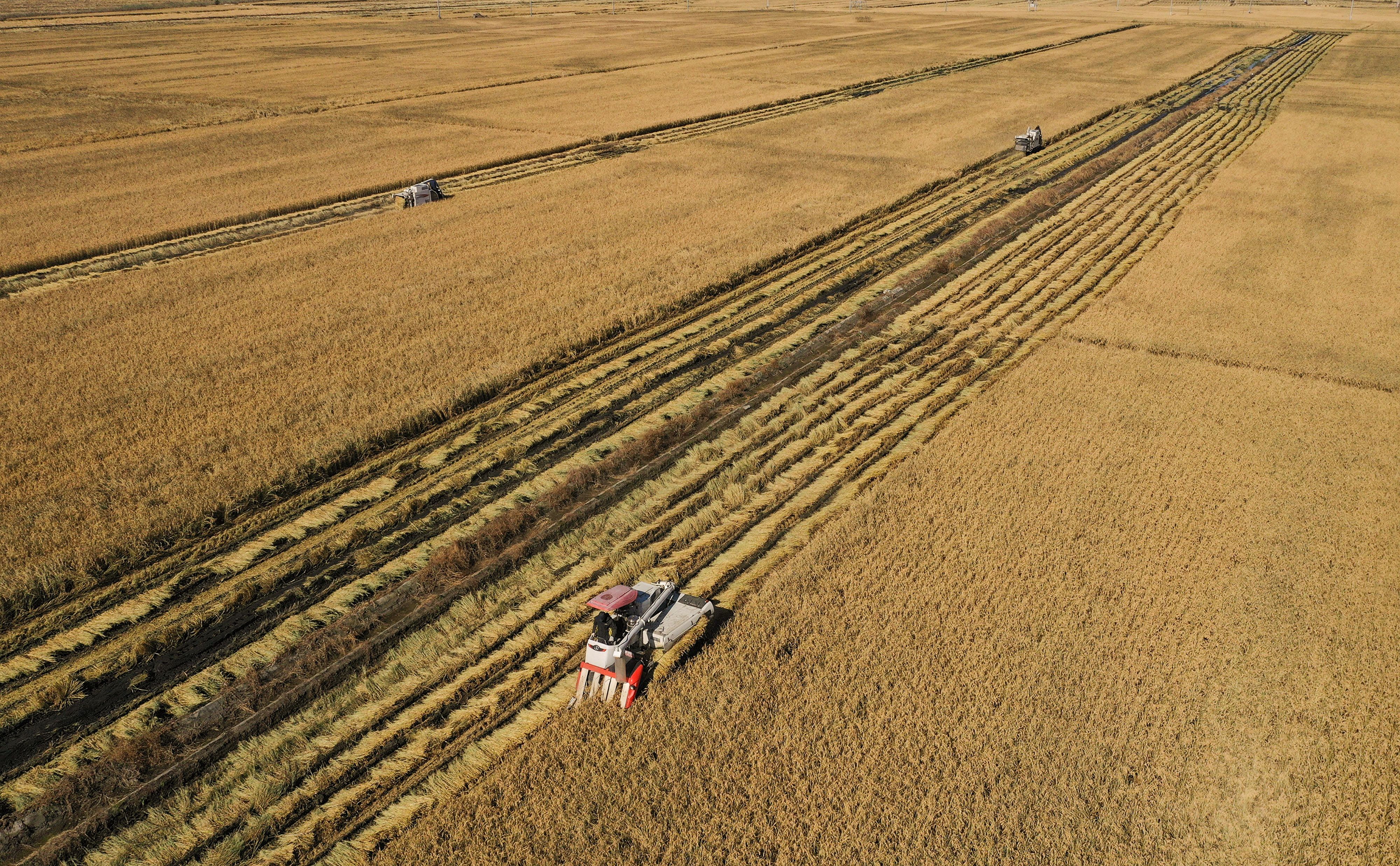Climate change boosts spread of crop pests in China, threatens food security, says study
Occurrence of crop pests and diseases in China has increased by a factor of four since the 1970s

The occurrence of crop pests and diseases could likely double across China by the end of the century because of global warming, warned a new study.
The Asian giant’s food security could be under threat because of the surge, said the study published earlier this month in the journal Nature Food.
The research assessed a trove of previously unpublished data ranging from 1970 to 2016 and comprising more than 5,500 historical crop pest and disease (CPD) records in China.
It compared long-term statistical records about pest and disease occurrence in the country with potential climatic driving factors such as temperature, precipitation, humidity, and factors from farming practices, including fertiliser application, irrigation and use of pesticides.
The international team of scientists, including a team from the Potsdam Institute for Climate Impact Research (PIK), found that the occurrence of crop pests and diseases in China increased by a factor of four since the 1970s.
They said climate change is likely responsible for about a fifth of the observed increase, with great variations between different Chinese provinces.
“Historical climate change is responsible for more than one-fifth of the observed increment of CPD occurrence (22% ± 17%), ranging from 2 per cent to 79 per cent in different provinces,” the scientists wrote in the study.
Looking closer into the driving factors, researchers said warmer night temperatures, caused by greenhouse gas emissions from fossil fuel use, are likely to foster an increased chance for crop pests and diseases.
“Our study shows that climate change affects the occurrence of crop pests and diseases, which threaten global food production and food security,” PIK scientist and study co-author Christoph Müller said in a statement.
“This also challenges existing crop protection systems and overall productivity. These findings should alert us that better data and more research is needed in this field to better mitigate the impacts of climate change on food production,” Dr Müller added.
Forecasting how future climate change in China could influence crop pests and diseases until the end of this century, they found that in a scenario of high greenhouse gas emissions, the occurrence of crop pests and diseases would further increase.
“Projections of future CPDs show that at the end of this century, climate change will lead to an increase in CPD occurrence by 243 per cent ± 110 per cent under a low-emissions scenario and 460 per cent ± 213 per cent under a high-emissions scenario, with the magnitude largely dependent on the impacts of warmer nighttime temperatures and decreasing frost days,” researchers said.
The scientists cautioned that the occurrence of CPDs, on top of the rise found for the past half century, could potentially double by the end of this century if the world failed to limit greenhouse gas emissions, causing global temperatures to rise by more than 4 degrees Celsius above preindustrial levels.
But curtailing the temperature rise to under 2 degrees Celsius could lead to only a slight increase in the spread of CPDs compared to 2020 levels, offering a chance to curtail them using agricultural technology, the researchers said.
“With the projected increasing risk of CPD occurrence, the next priority would be to develop adaptive CPD management… to close the yield gap and feed the ever-rising population without damaging the environment and human health,” they noted.
Subscribe to Independent Premium to bookmark this article
Want to bookmark your favourite articles and stories to read or reference later? Start your Independent Premium subscription today.

Join our commenting forum
Join thought-provoking conversations, follow other Independent readers and see their replies